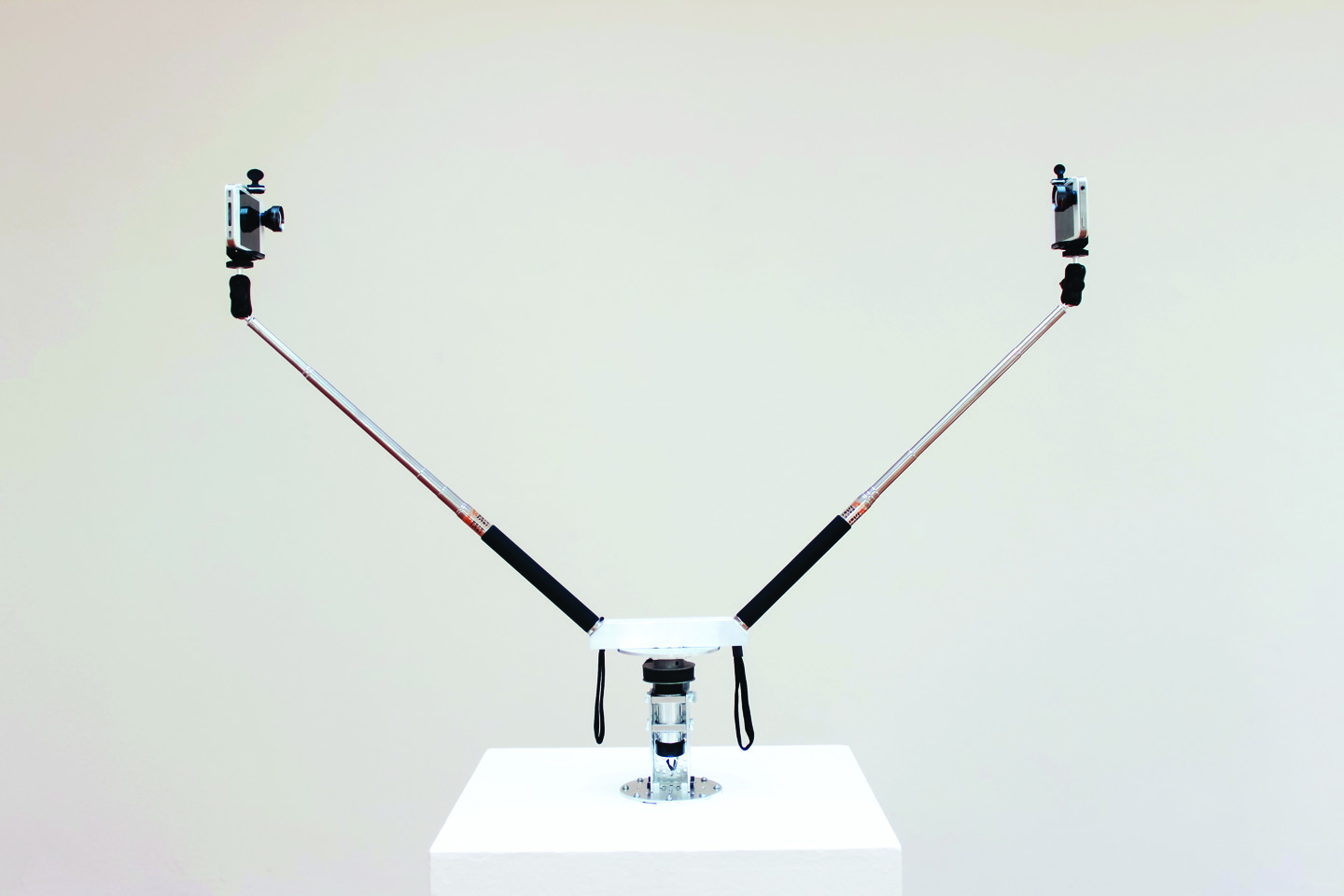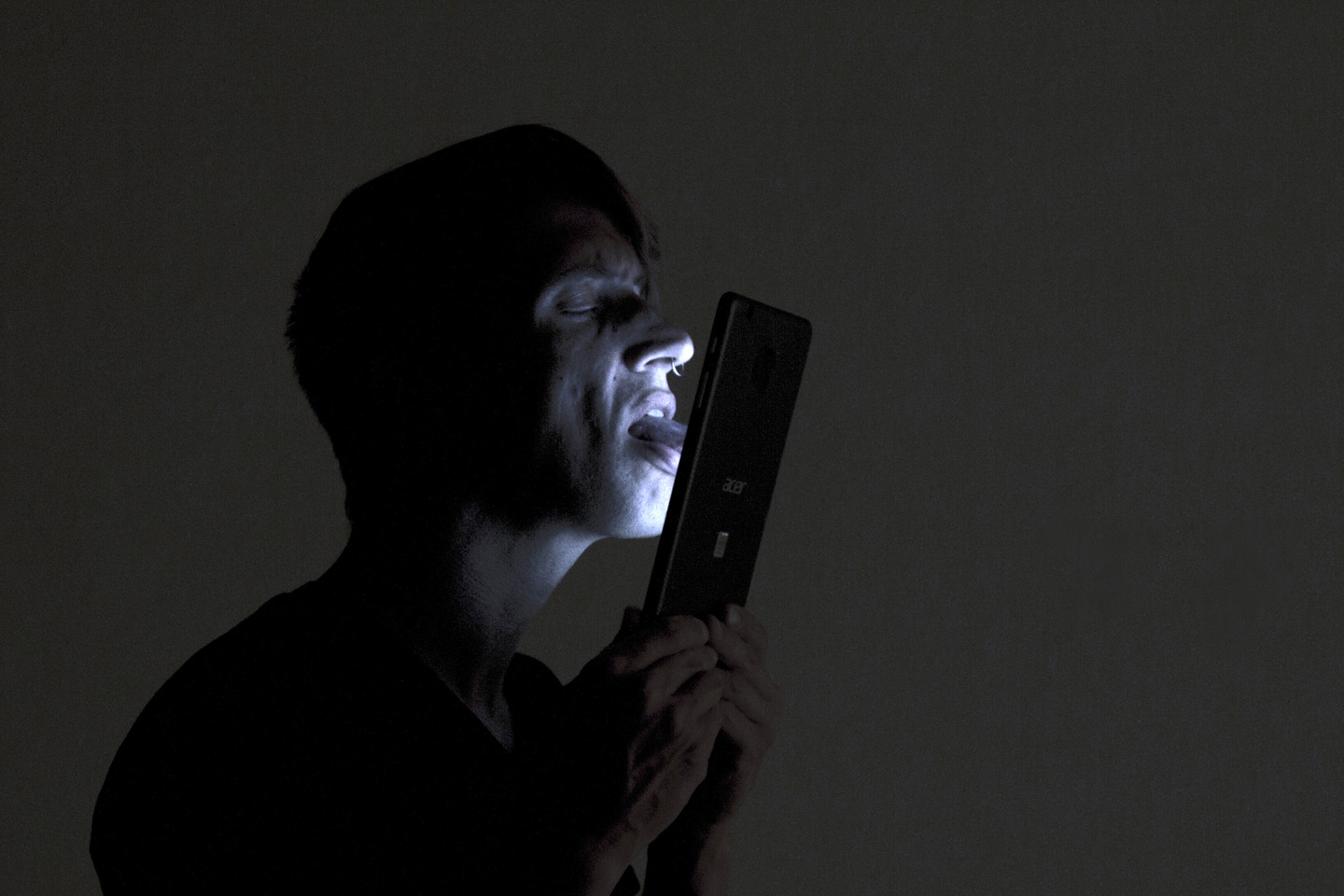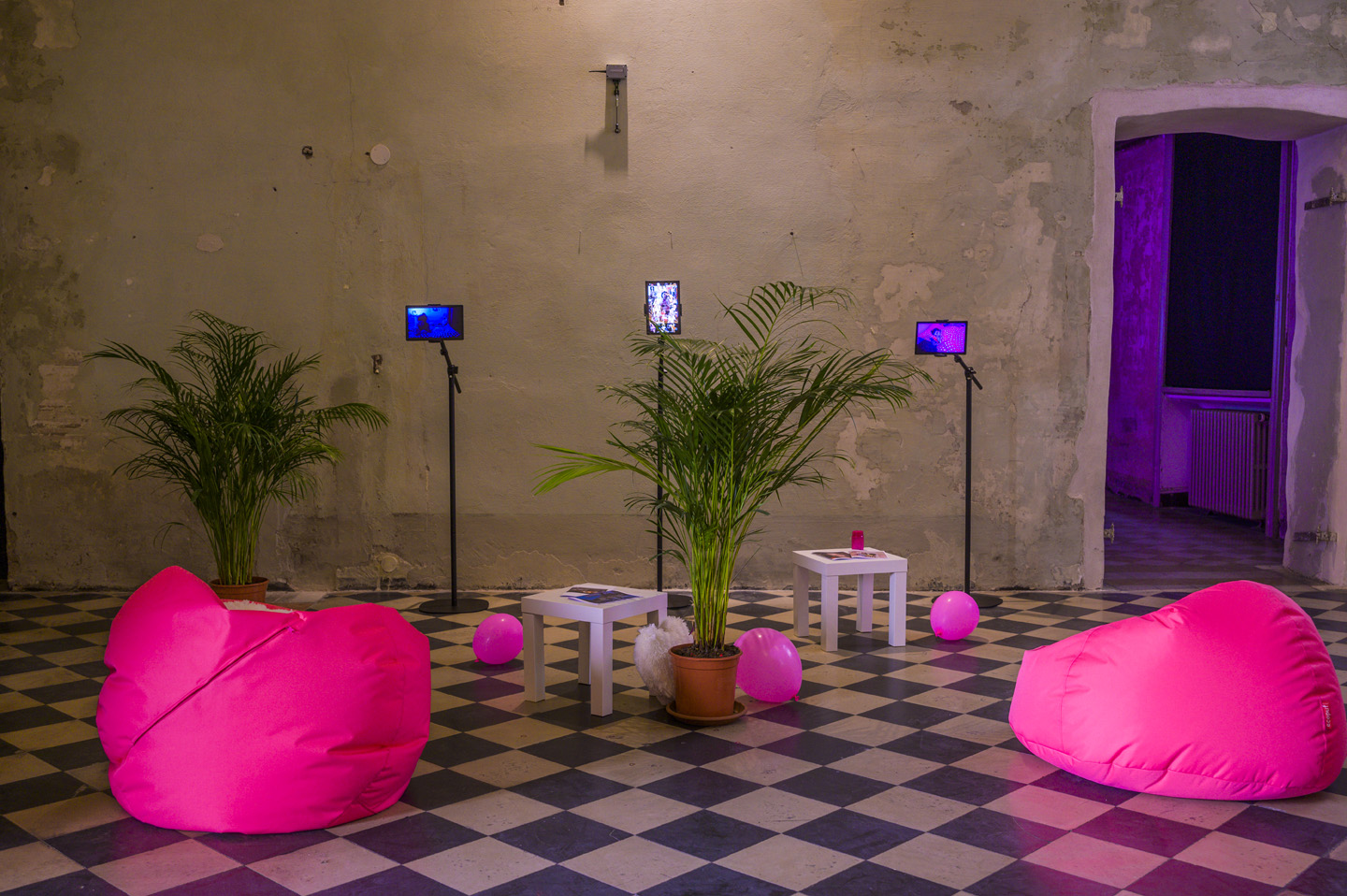What does it mean to love in the Internet age? How are digital interfaces redefining our personal relationships? What will be the impact of new technologies on the sentimental sphere? Screens condition our intimacy and our desire for connection, but how exactly?
The advent of the Internet and smartphones has brought up new issues related to intimacy and love life: transformations we are still trying to understand. They became more relevant than ever in March 2020, when the global pandemic pushed millions of people into total isolation, forcing them to reconfigure most social activities, moving them online via technological devices. From smart working to online aperitifs, humans across the planet have tried to juggle the inconveniences of social distance and experience a contactless reality as the new normal.

This enforced isolation and inability to meet physically has led many people to evolve their love lives towards digital, apps and dating sites, inspiring new ways of connecting, searching for partners or seducing, for both experienced and novice users. The scale of the phenomenon carries enormous potential in terms of direct profits and the collection of personal data, and raises questions about the programmed obsolescence that is supposedly inherent in this business model: the idea that online dating apps see the search for partners as a recreational activity and a product of the libidinal economy to be endlessly consumed.

According to philosopher Paul B. Preciado in The Lessons of the Virus (2020), “the subject of the neoliberal technopatriarchal societies that covid-19 is building has no skin, is untouchable, has no hands.
[…] It has no lips or tongue. It does not speak live, it leaves a voice message. It does not gather or collectivise. It is radically individual. It has no face, it has a mask.

In order to exist, its organic body is hidden behind an indefinite series of semio-technical mediations, a series of cybernetic prostheses that are also masks: its email address, Facebook account, Instagram, Skype’. Bringing together works by various international artists, the exhibition Data Dating Desire seeks to explore new forms of contemporary romance and map the unseen connections between desire, emotion, technology and economy in the post-pandemic world.
(from the press release)
Data Dating Desire, curated by Valentina Peri, MO.CA – Centro per le nuove culture, Brescia, until December 4, 2022
Data Dating Desire is produced and promoted by MO.CA – centro per le nuove culture, co-promoted by Fondazione Brescia Musei and the City of Brescia, in collaboration with AVISCO APS | Artists: !Mediengruppe Bitnik, Adam Basanta, Jonas Blume, Marco Cadioli, Tom Galle, Elisa Giardina Papa, John Yuyi, Dani Ploeger, Moises Sanabria e Molly Soda
Special guided visit: November 27, 2022. You can reserve the visit for free here on EVENTBRITE









































